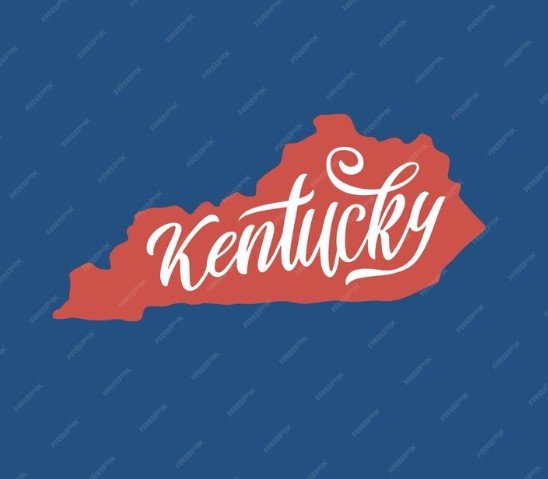Kentucky has hit a milestone in its medical cannabis journey, finalizing dispensary licenses through a rigorous lottery process. Here’s what it means for the state and its residents.
Final Round of Licenses Issued
On Monday, the Kentucky Office of Medical Cannabis (OCM) wrapped up its licensing process by awarding the final 12 dispensary licenses. This followed an earlier lottery in November, which granted the first 36 licenses to dispensary applicants. The competition was steep, with over 4,000 applications vying for these coveted permits.
Winners now face a critical next step: submitting the $5,000 licensing fee within 15 days. Failure to meet this deadline results in forfeiture of their license, underscoring the high stakes of the process. This marks the conclusion of Kentucky’s initial licensing rounds, which also included permits for cultivation and processing facilities.
But is this the end of opportunities for cannabis entrepreneurs in the state? Not necessarily.

Governor Suggests Future Expansion
Gov. Andy Beshear has hinted at the possibility of further expansion for the state’s medical cannabis program. While acknowledging the current limit on licenses, he suggested that new conditions and qualifying factors could pave the way for additional opportunities.
“Our hope is that more Kentuckians will benefit from this program as it grows,” said Beshear in a press release. He emphasized that adjustments could be made if initial projections on patient numbers prove too conservative. This could provide relief to the thousands of applicants who didn’t secure licenses this time around.
The state is poised for growth, especially if medical cannabis gains broader acceptance for chronic and complex health conditions.
Application Process Opens for Patients
Kentucky residents eager to benefit from medical cannabis will be able to apply for the program starting January 1. However, the process involves some key steps that might feel unfamiliar to first-time applicants.
Doctors and nurse practitioners won’t directly issue cannabis ID cards. Instead, they’ll provide certifications through an electronic monitoring system. When patients apply for their cards, these certifications will be available for association with their application.
“This system ensures a smooth application process while maintaining strong oversight,” explained Sam Flynn, OCM Executive Director.
Health and Family Services Secretary Eric Friedlander called the program’s launch an “important milestone” for Kentuckians seeking alternative health care options.
What’s Next for Kentucky?
As the program unfolds, stakeholders are closely watching its impact. Here are some key takeaways from the current developments:
- Demand for Licenses: Nearly 5,000 business applications, with 4,075 for dispensaries alone, highlight the overwhelming interest in Kentucky’s medical cannabis industry.
- Future Opportunities: Expansion could bring new licenses and additional qualifying conditions, creating hope for those currently on the sidelines.
- Patient Access: The January 1 application start date offers a tangible path for patients seeking relief through medical cannabis.
As Kentucky takes this step forward, the program’s success could set the stage for future developments, including possible recreational cannabis legalization down the line. For now, residents and businesses alike are navigating the new landscape with cautious optimism.
Michael Brown is a seasoned journalist with a knack for uncovering compelling stories within the realm of cannabis. Through his investigative reporting and in-depth analysis, he sheds light on the regulatory challenges, market trends, and societal impacts of the burgeoning cannabis industry. Michael’s commitment to objective journalism and ethical reporting makes him a trusted voice in providing readers with balanced and informative articles about this rapidly evolving landscape.








